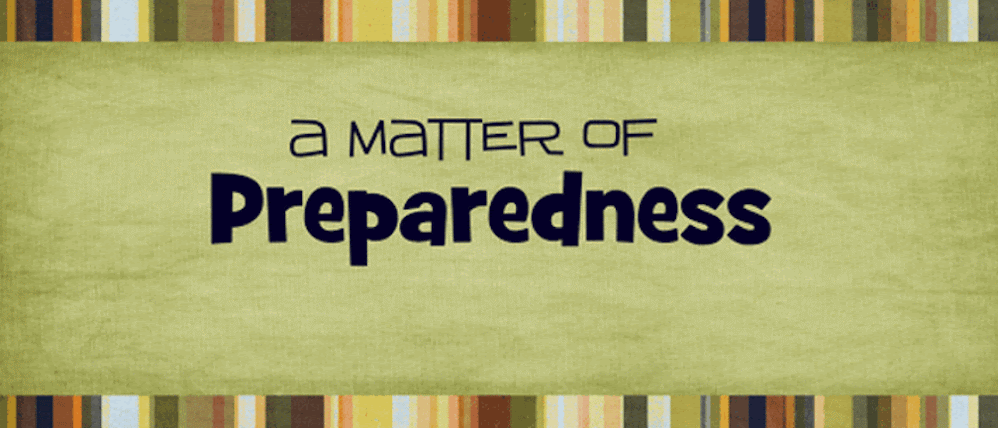I have this very same map of Texas on my refrigerator. I put it up weeks before my Son left to serve as a missionary for the Church of Jesus Christ of Latter-day saint in the South Houston Mission. I look at it everyday and think of my son, who I greatly miss, and pray for his safety and success. When Hurricane Season comes, I find that I am very aware of the weather in the Houston area. It was the same when our other sons served in other areas of the world. It seems that I get super-sensitive to the news stories about the places my children are living. It's kind of like a type of radar I guess.
The same was true recently when we traveled to....of all places......Alaska. We actually met a family who lives in my son's mission. We exchanged information and they promised to look out for my son. When I heard that they were from Houston....Mommy-radar took over. I had a lot of questions and asked for suggestions of things to tell/send to my son.
Well, today, I came across an article about a Stake in Houston who are practicing and preparing for the upcoming Hurricane Season. I LOVE THIS! Please go here to read about the Richmond Texas Stake in Houston.
Having lived through a huge Hurricane when I lived in the South a number of years ago, I am grateful to good people who are preparing for the natural disasters in their own areas. I am hoping that they would put my missionary son under their wing if he is found to serve in an area that becomes affected by a big natural disaster. He is not without skills...his parents have exposed him to emergency preparedness skills throughout his life.
So, the question becomes this....what are the natural disasters in your area? What are you doing to learn what to do in your area, as well as what are you doing to have the needed supplies available to your family? This isn't a scare tactic...this is ensuring as much peace for your family as possible in the face of an emergency.
The Federal Emergency Management Agency recommends the following:
Try to learn about the building where you live. Is it safe and able to withstand
disaster? Search for danger, and remember, in a severe storm, ordinary items in
the home can cause injury and damage. Anything that can move, fall, break, or
cause a fire is a potential hazard. To minimize damage to your home in a
disaster,
· Repair defective electrical wiring and leaky gas connections.
· Fasten shelves securely and brace overhead light fixtures.
· Avoid placing beds in front of windows. Hang pictures and mirrors away from
beds.
· Secure water heater and oil tank to wall studs.
· Store weed killers, pesticides, and flammable products away from heat sources.
· Place oily polishing rags or waste in covered metal cans.
· Clean, repair, and maintain chimneys, flue pipes, vent connectors, and gas vents.
· Repair cracks in ceilings or foundations.
· Anchor heavy appliances, bookcases, and furniture to wall studs or floor.
· Place large, heavy objects on lower shelves.
· Keep hanging plants to a minimum. Use plastic pots instead of ceramic, and
close or tie hooks and hangers shut.
· Store dishes, glassware, and pots in closed, latched cabinets instead of hanging or displaying them.
· Check hallways, exits, doors, and windows for hazards and obstructions. Keep
the key easily accessible near locked doors or passages. Do not permanently bar, nail, or paint windows or doors shut.
Create an emergency plan
The best defense from any disaster is good preparation. Once you are aware of
what types of disasters might affect your community, you may want to hold a
family meeting to discuss the need for preparation. Explain the dangers of3 Preparing for Natural Disasters: Floods, Hurricanes, Tornadoes, and Earthquakes floods, hurricanes, tornadoes, and earthquakes to children in terms they can understand. Explain that planning ensures that the family will stay together in case of an emergency. Plan to share responsibilities and work as a team.
· Meet with household members to discuss the types of emergencies that may
affect your area. Explain how to respond, and find safe spots in the home for
each type of disaster.
· Discuss what to do about power outages and personal injuries.
· Draw a floor plan of your home. Mark two escape routes from each room.
· Show family members how to turn off the water, gas, and electricity at main
switches when necessary.
· Post emergency phone numbers near phones. Teach children how and when to
call 911, police, and fire.
· Instruct household members to turn on the radio for emergency information.
· Pick one out-of-state and one local friend or relative for family members to call if separated during a disaster (it is often easier to call out-of-state than within the disaster area). Teach these phone numbers to each family member, including children and older adults.
· Pick two emergency meeting places
- a place near the home in case of fire
- a place outside the neighborhood in case family members can’t return home
· Take a basic first aid and CPR class.
· Keep family records in a waterproof and fireproof container.
· Create a Disaster Supplies Kit. Include a flotation vest for each member of the
family if the area is prone to floods.
· Keep fuel in your car at all times and stock it with a Car Emergency Supplies
Kit.
So, please take some time to review the above suggestions. Preparation promotes peace and comfort if and when the time comes that these skills/supplies are needed.







